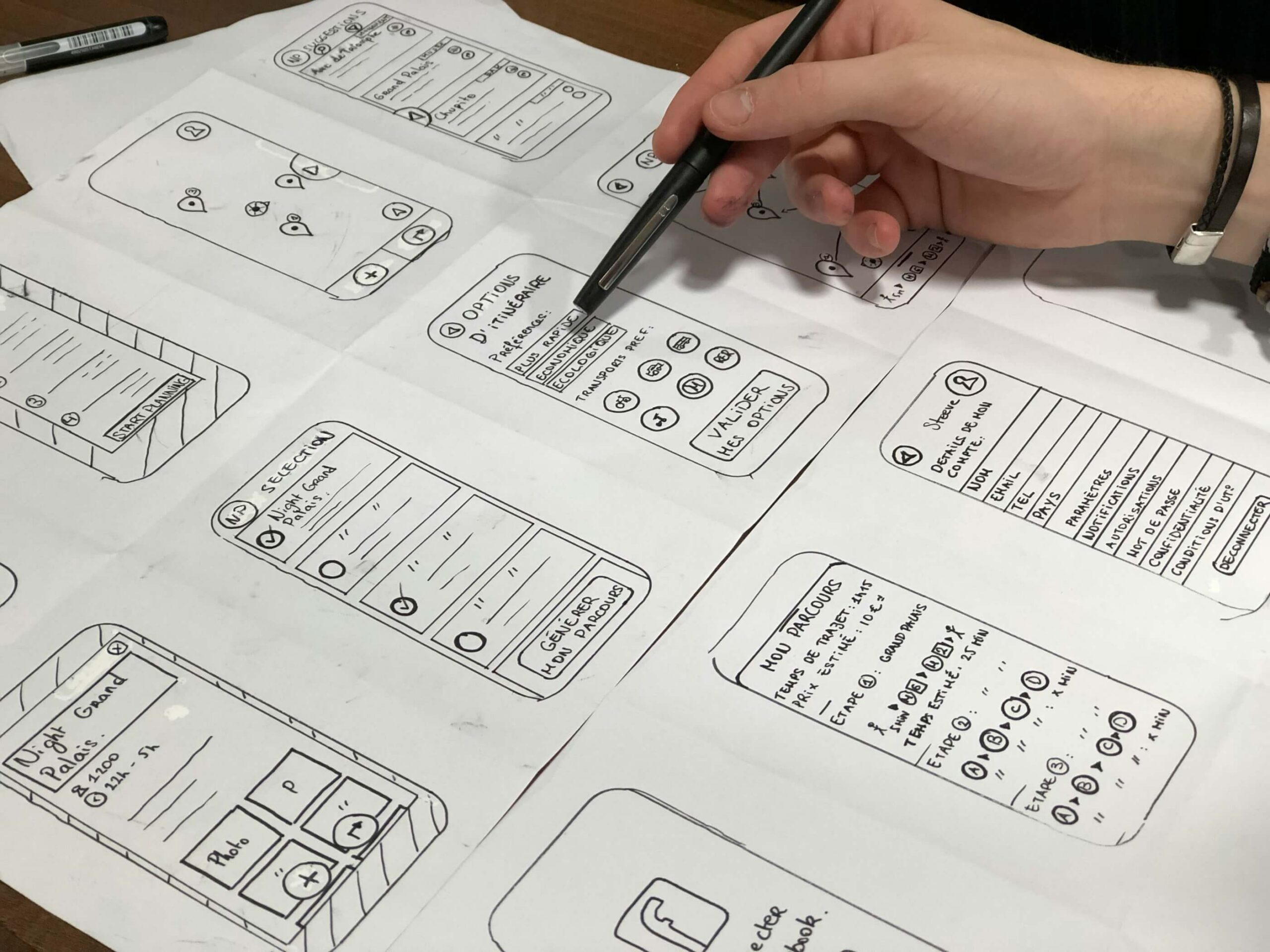
Frontend development stands as the artistic facade of the digital landscape, where creativity intertwines with technology to craft compelling user experiences. In this exploration of the essential components of frontend development, we unravel the intricate elements that shape the virtual world users interact with.
HTML – The Structural Backbone:
At the core of every webpage lies Hypertext Markup Language (HTML), the structural foundation. Responsible for defining the page’s basic structure, HTML tags organize content, creating a hierarchy that browsers interpret to render web pages.
CSS – Aesthetic Mastery:
Cascading Style Sheets (CSS) elevates web design, transforming HTML’s structure into visually appealing layouts. CSS controls the presentation layer, enabling designers to dictate colors, fonts, spacing, and responsive design, ensuring a harmonious user interface.
JavaScript – Interactive Wizardry:
JavaScript, the dynamic scripting language, adds interactivity to static web pages. As the powerhouse behind animations, dynamic content updates, and user input handling, JavaScript enhances user engagement and responsiveness.
Frontend Frameworks – Structural Efficiency:
Frontend frameworks, such as React, Angular, and Vue.js, offer pre-built components and structures that streamline development. These frameworks provide a modular approach, enhancing efficiency and maintainability in large-scale projects.
Responsive Design – Adapting to All Screens:
In the era of diverse devices, responsive design is non-negotiable. Techniques like media queries and flexible grids ensure that web applications adapt seamlessly to various screen sizes, providing an optimal viewing experience.
Browser Developer Tools – Debugging Arsenal:
Browser Developer Tools serve as a frontend developer’s debugging and diagnostic toolkit. Inspecting and manipulating the Document Object Model (DOM), monitoring network activity, and profiling performance contribute to creating robust, error-free applications.
Version Control Systems – Collaborative Harmony:
Version control systems like Git enable collaborative development by tracking changes, facilitating seamless collaboration among developers. This ensures a systematic approach to code changes, reversions, and project management.


